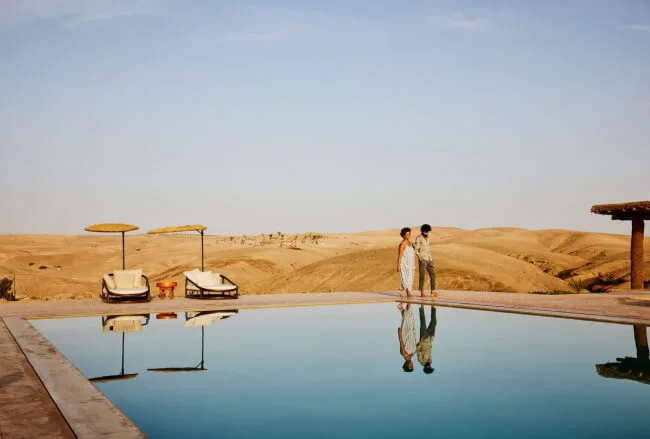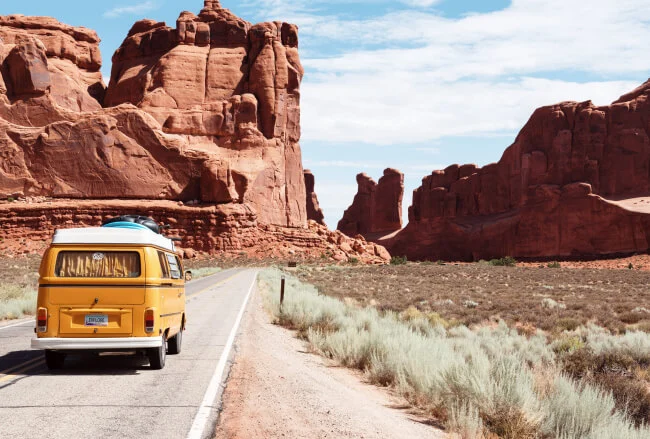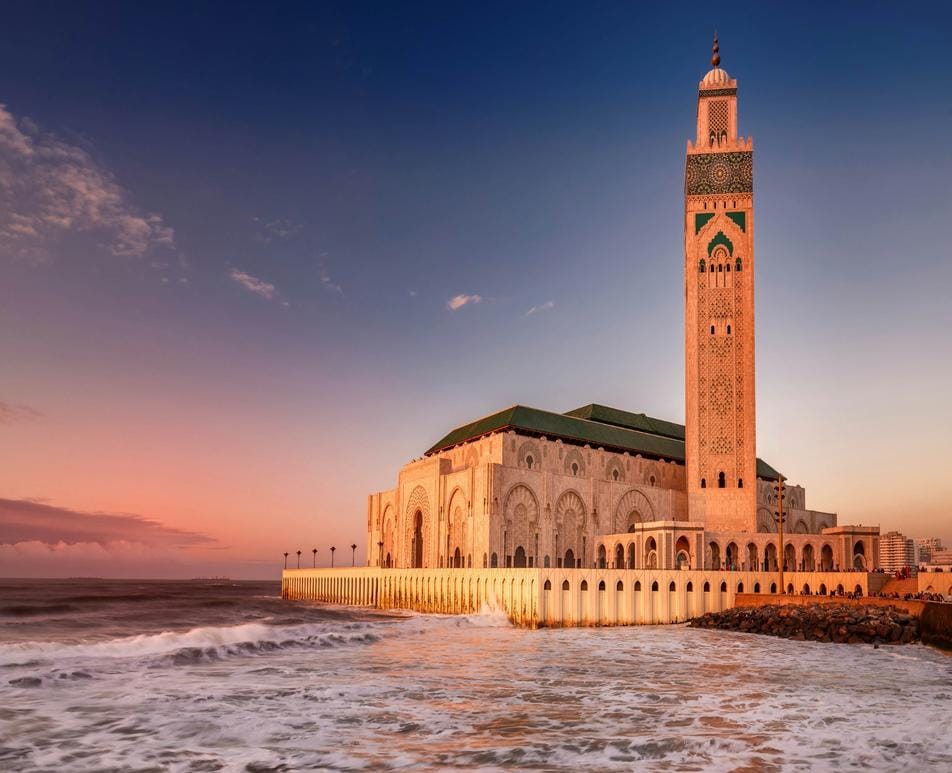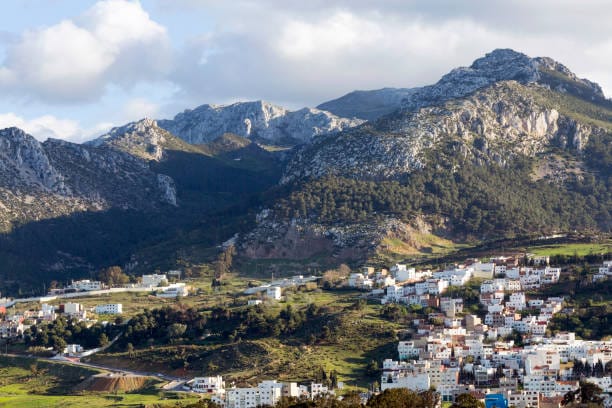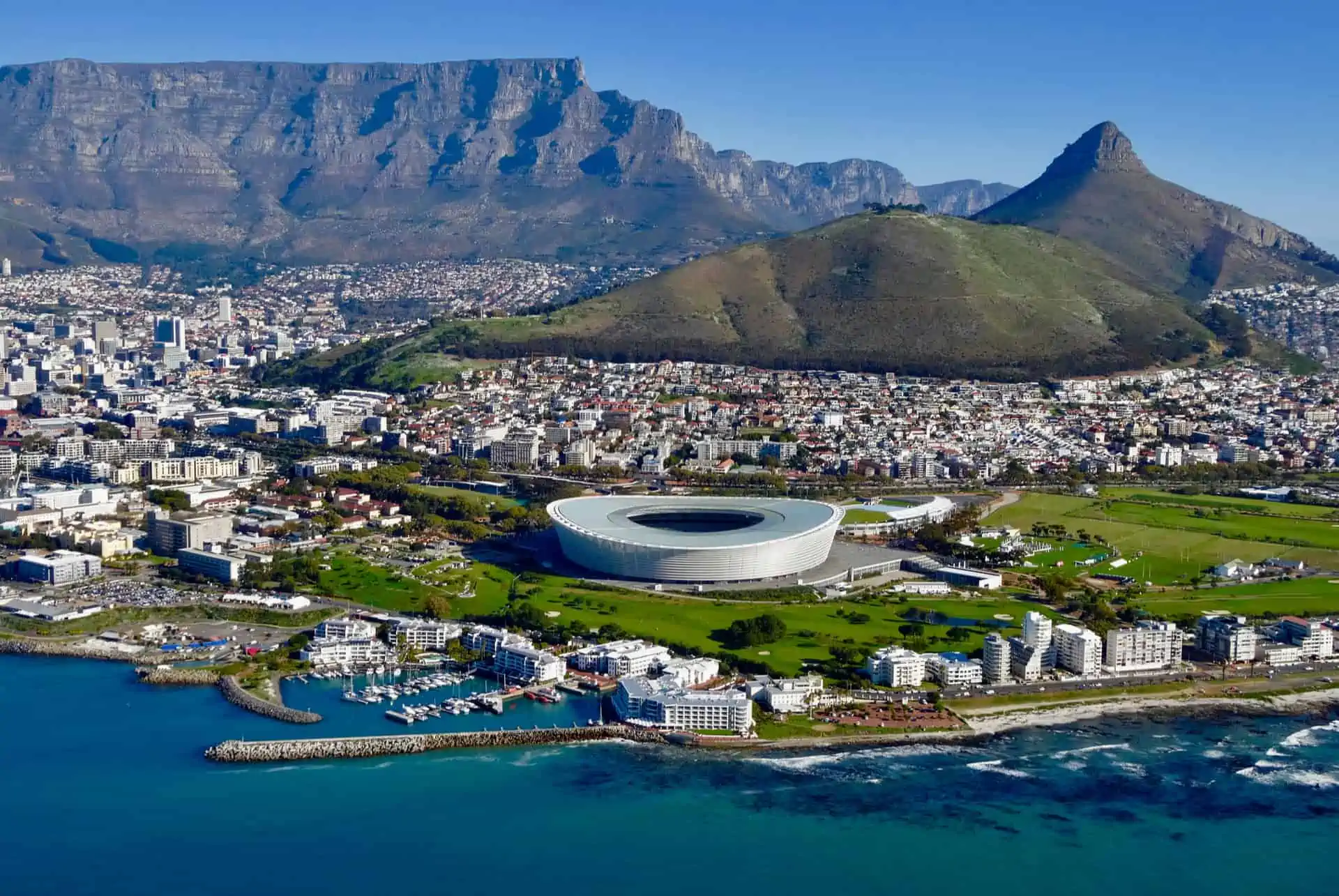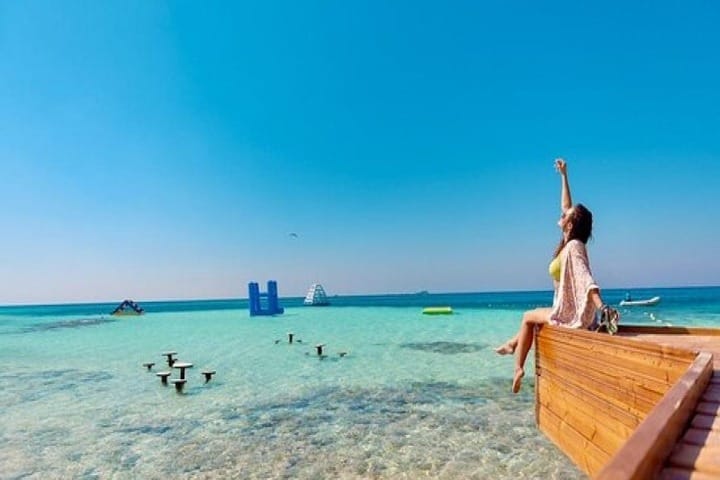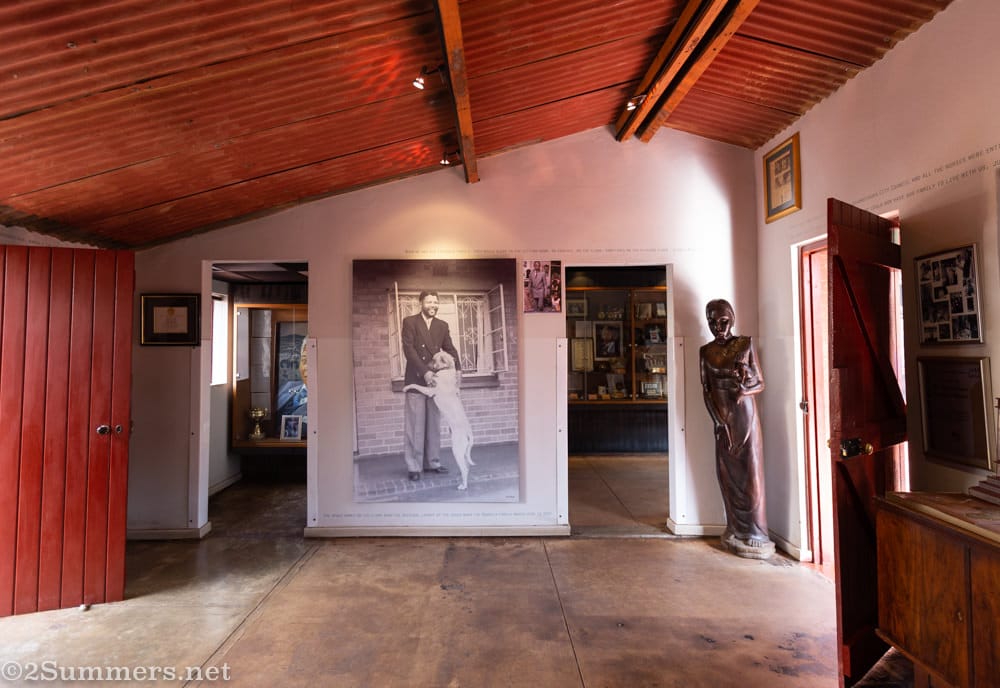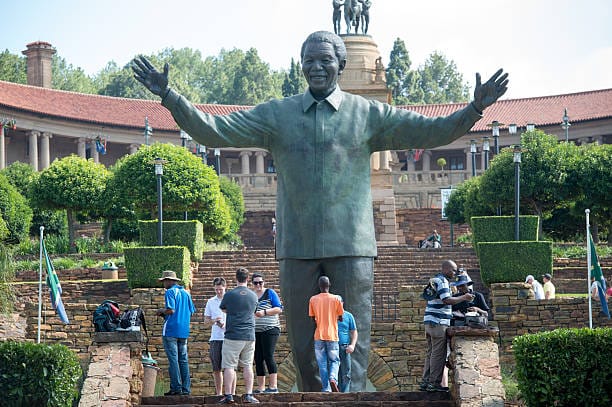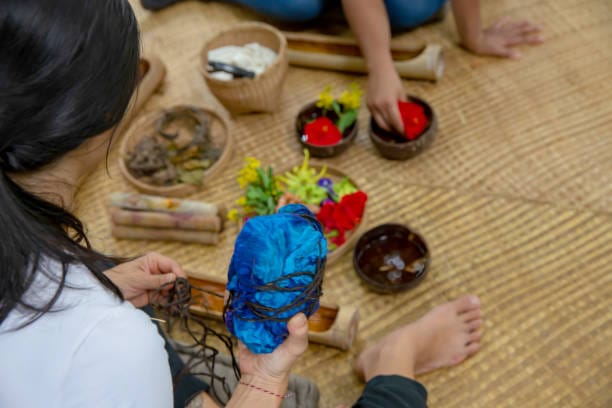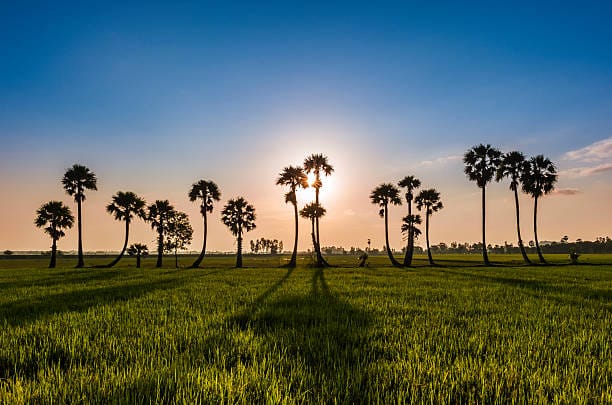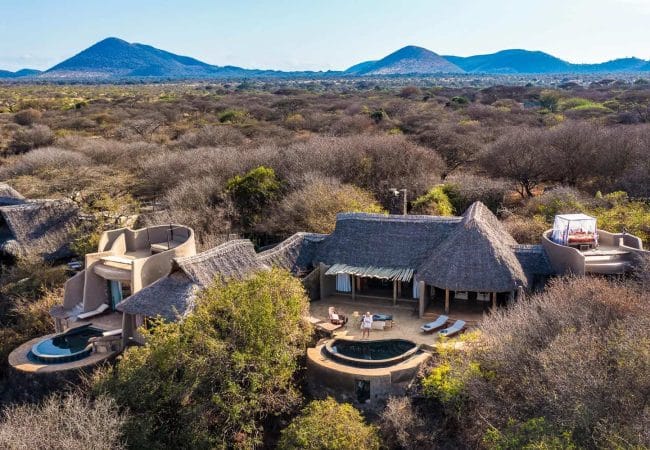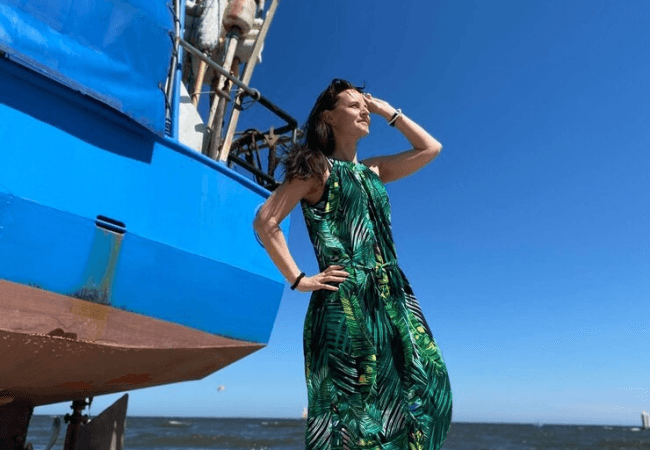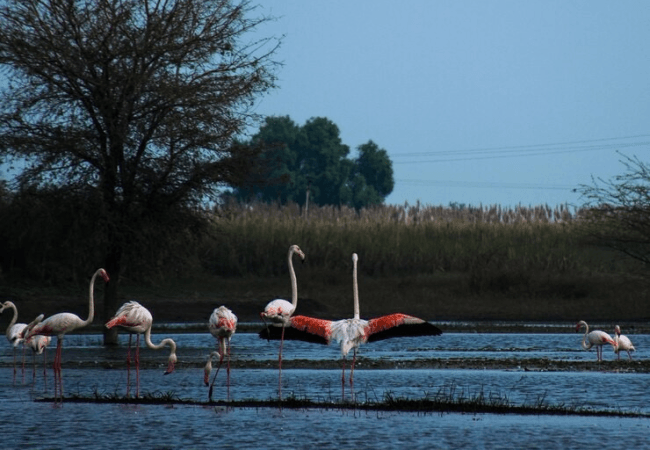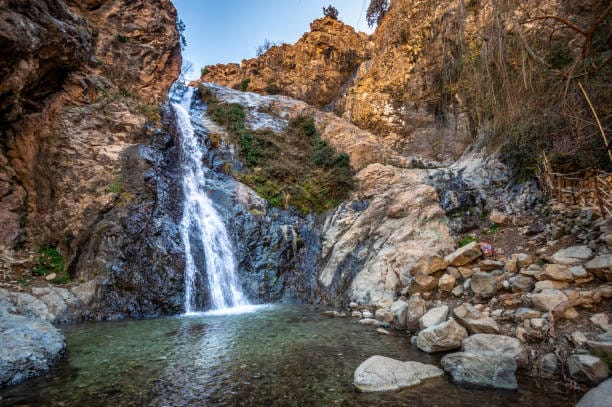Welcome To South Africa
South Africa is a land of contrasts, resilience, and vibrant diversity — a country shaped by deep-rooted cultural traditions, colonial legacies, and a long struggle for justice. Its rich history, from ancient kingdoms to the rise of democracy, has forged a unique national identity known as the “Rainbow Nation,” celebrating unity through diversity.
1. Ancient Civilizations and Early Kingdoms
Long before colonial contact, South Africa was home to diverse indigenous communities, including the San (Bushmen) and Khoikhoi, followed by powerful Bantu-speaking kingdoms like the Zulu, Xhosa, and Sotho. These societies had complex political systems, rich oral traditions, and sophisticated trade networks.
2. European Colonization
In 1652, the Dutch East India Company established a supply station at the Cape of Good Hope, marking the beginning of European settlement. This was followed by British colonization in the 19th century, leading to conflicts with indigenous peoples and wars such as the Zulu Wars and the Anglo-Boer Wars. Colonial rule reshaped land ownership, language, and racial hierarchies.
3. Apartheid Era (1948–1994)
In 1948, the system of apartheid was formally instituted by the ruling National Party, enforcing racial segregation and disenfranchising the Black majority. Townships were created, freedoms were restricted, and resistance was brutally suppressed. Iconic figures like Nelson Mandela, Steve Biko, and Desmond Tutu led the struggle for liberation.
4. Struggle and Liberation
Mass resistance movements, international pressure, and decades of activism eventually led to the dismantling of apartheid. In 1990, Nelson Mandela was released after 27 years in prison. South Africa held its first democratic elections in 1994, with Mandela elected as the country’s first Black president.
5. Truth, Reconciliation & Nation-Building
The Truth and Reconciliation Commission (TRC), chaired by Desmond Tutu, was established to address the crimes of apartheid and promote healing. South Africa began the process of creating a multiracial democracy, enshrined in one of the world’s most progressive constitutions.
6. Modern South Africa
Today, South Africa stands as a dynamic democracy. Its cultural diversity, wildlife, and natural beauty attract millions of visitors. While it still faces challenges like inequality and unemployment, the spirit of Ubuntu — “I am because we are” — continues to inspire efforts toward unity, justice, and inclusive growth.
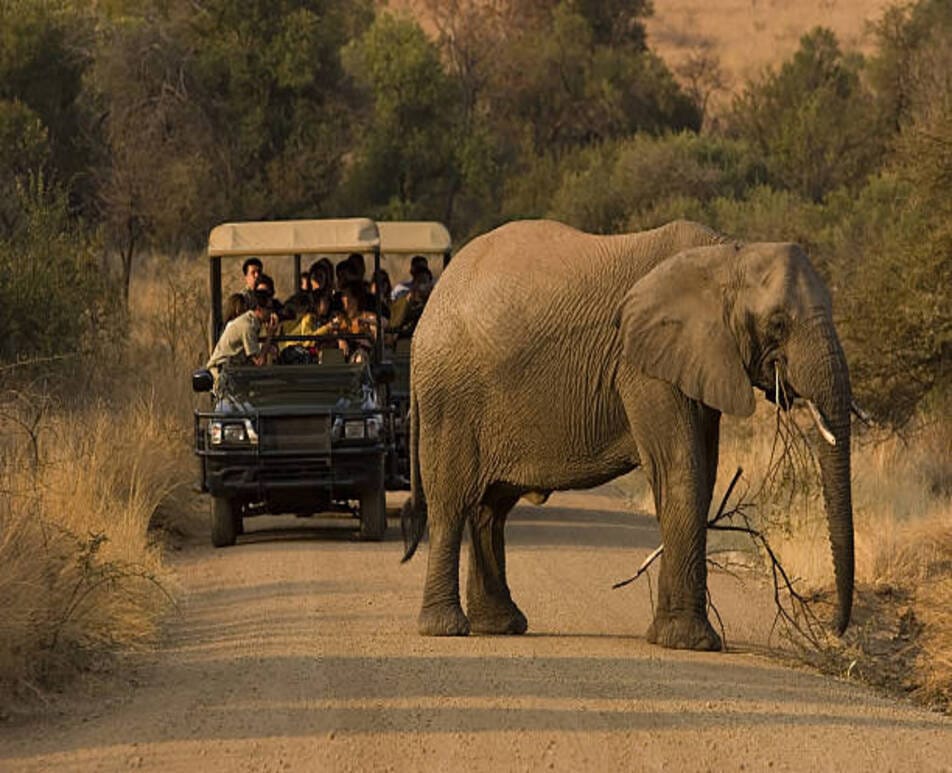
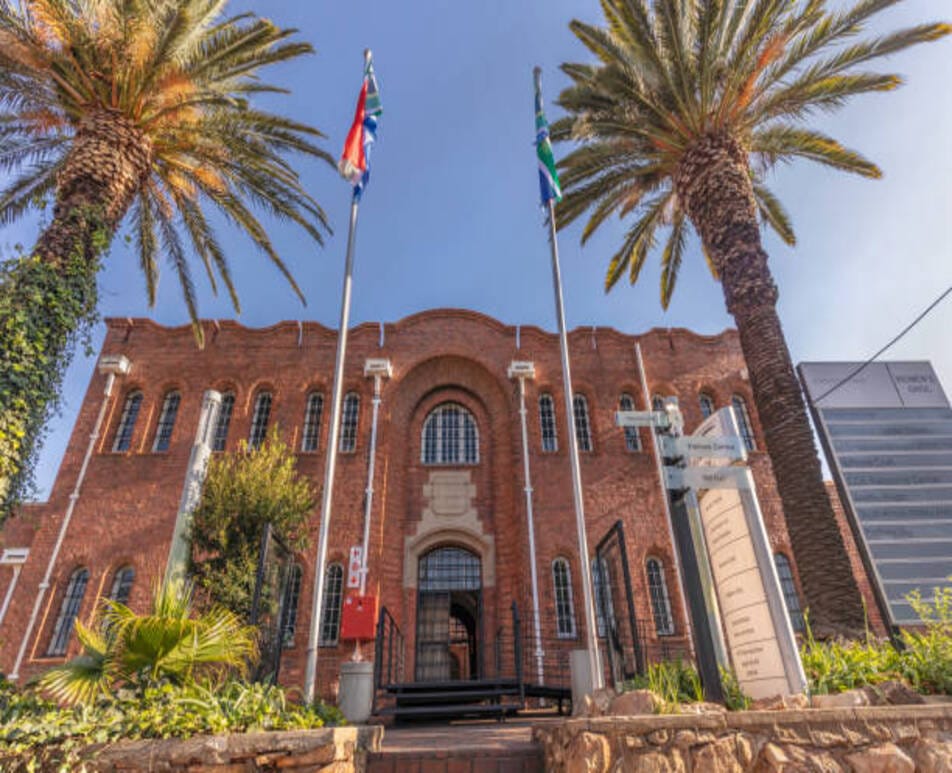
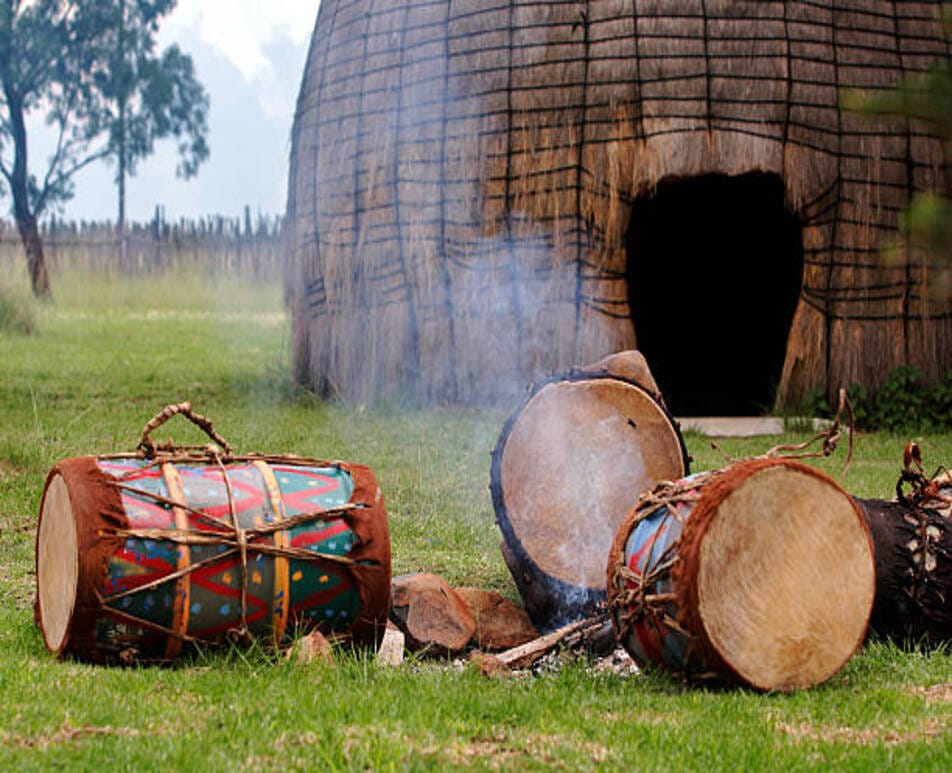
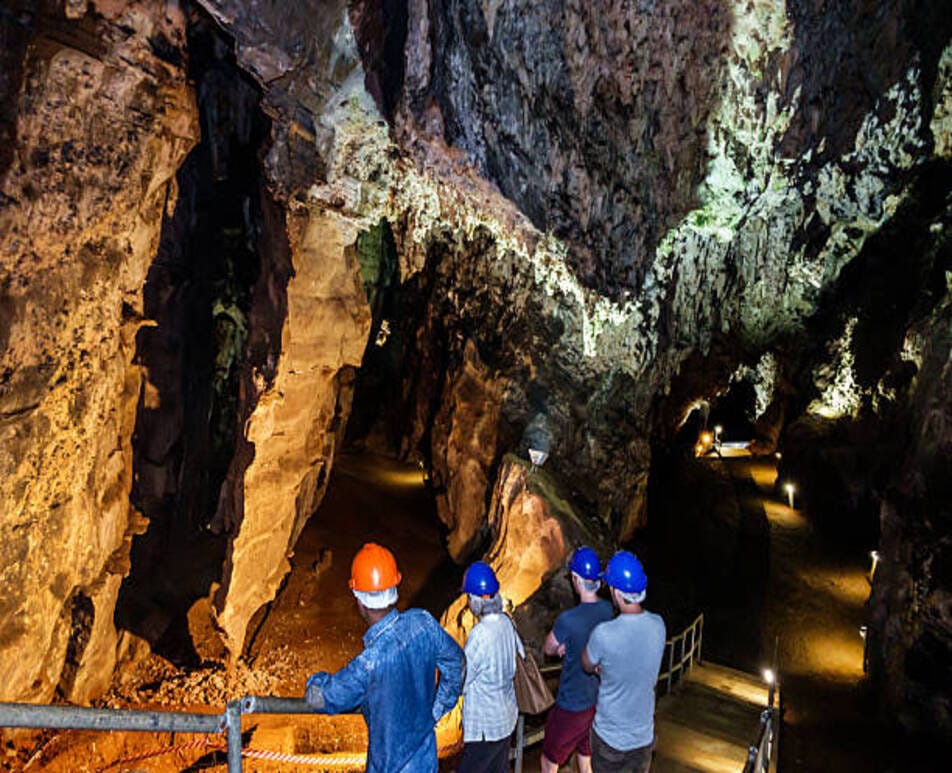
Land of Light, Legacy & Lions
South Africa is a land of breathtaking contrast — where wild safaris meet world-class vineyards, and ancient traditions blend seamlessly with modern luxury. Known as the “Rainbow Nation”, South Africa offers soul-stirring landscapes, deep cultural heritage, and unforgettable wildlife encounters.
From witnessing lions at dawn in Kruger National Park, to standing atop Table Mountain at sunset, or sipping fine wine in the Cape Winelands, South Africa will stir your spirit, ignite your sense of adventure, and leave you in awe of Earth’s beauty.
- Experience the Big Five on a safari in Kruger or Addo.
- Ride a cable car up Table Mountain for iconic views.
- Discover Zulu, Xhosa, and San cultural heritage.
- Drive the Garden Route: coastlines, forests & cliffs.
- Swim with penguins at Boulders Beach.
- Wildlife & Natural Wonders.
